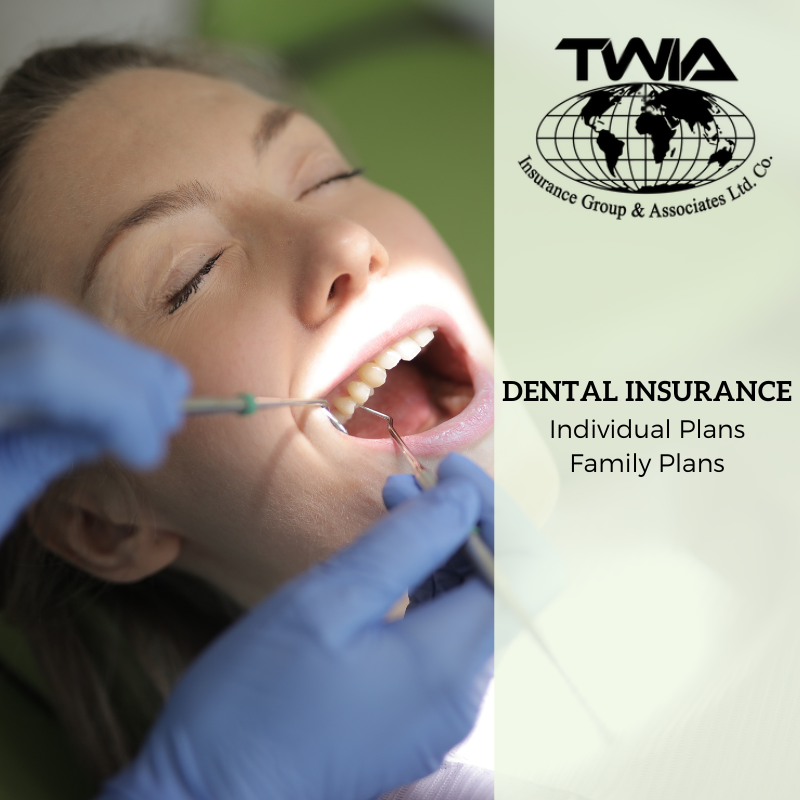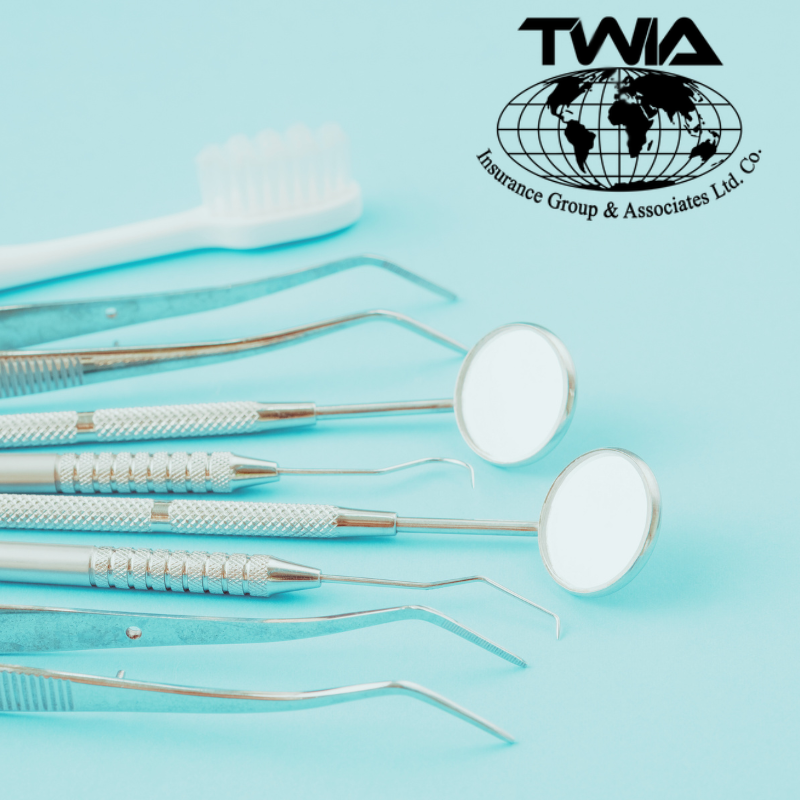Understanding the Missing Tooth Clause in Dental Insurance Policies

Are you familiar with the missing tooth clause in dental insurance policies? If not, this article is here to shed some light on this often overlooked aspect of dental coverage. The missing tooth clause refers to a provision in dental insurance policies that could potentially exclude coverage for a tooth that was missing prior to obtaining the insurance. In this informative review, we will explore why dental insurance is important, discuss waiting periods in dental insurance policies, and highlight the significance of preventative care in maintaining good dental health. By understanding the intricacies of dental insurance, you can make more informed decisions about your coverage and ensure that you receive the care you need. So let's dive in and unravel the mystery of the missing tooth clause!
Understanding the Missing Tooth Clause in Dental Insurance Policies

Introduction to Dental Insurance
Dental insurance is an essential aspect of maintaining good oral health and managing the cost of dental care. It provides coverage for a range of services, from routine cleanings and fillings to more extensive procedures like root canals and crowns. However, like any insurance policy, dental insurance also comes with its terms and conditions that policyholders need to understand. One such provision is the Missing Tooth Clause, which can have a significant impact on coverage for dental procedures related to missing teeth.
Waiting Periods in Dental Insurance Policies
Before delving into the intricacies of the Missing Tooth Clause, it's essential to understand the concept of waiting periods in dental insurance policies. Waiting periods are the specified period of time that policyholders must wait after purchasing a dental insurance policy before certain services are covered. This waiting period serves as a way for insurance companies to minimize risk by preventing policyholders from obtaining coverage for pre-existing dental conditions.

Uncovering Significant Services Without Prior Insurance
If you have had dental insurance coverage before switching to a new policy or if you have been without dental insurance for a certain period, it's vital to understand the impact on your coverage for significant dental services. Insurance companies often require a waiting period before covering costly procedures such as root canals, bridges, and dentures. During this waiting period, any dental services related to missing teeth may not be covered under the new insurance policy.
The Significance of Missing Tooth Clauses
The Missing Tooth Clause is a provision in dental insurance policies that specifically addresses the coverage for dental procedures related to missing teeth. Under this clause, insurance companies may limit or exclude coverage for any dental treatment necessitated by the absence of one or more teeth. This can include procedures such as dental implants, dentures, and bridges.

The Purpose of Missing Tooth Clauses
The primary purpose of the Missing Tooth Clause is to distinguish between pre-existing dental conditions and those that developed after obtaining the insurance policy. By excluding coverage for dental procedures related to missing teeth, insurance companies aim to prevent policyholders from obtaining coverage for dental work that they were already aware of at the time of purchasing the policy.
Limitations of Dental Insurance Coverage for Missing Teeth
The Missing Tooth Clause can be a significant limitation for individuals seeking dental insurance coverage, especially those with missing teeth or who anticipate the need for dental procedures related to missing teeth in the future. Without proper coverage, the cost of these procedures can be substantial, leaving individuals to bear the financial burden on their own.
Cosmetic Dentistry and Missing Tooth Clauses
It's important to note that missing tooth clauses primarily apply to procedures considered to be restorative or necessary for maintaining oral health. Cosmetic dentistry procedures, such as teeth whitening or veneers, are typically not affected by the Missing Tooth Clause as they are considered elective and not directly related to the absence of teeth. However, it's always essential to review your policy carefully to understand the specific coverage limitations.
Exceptions to the Missing Tooth Clause
While the Missing Tooth Clause may seem like a significant barrier to obtaining coverage for dental procedures related to missing teeth, there are exceptions to this provision. Some dental insurance policies may provide coverage for missing tooth-related procedures if certain conditions are met. For example, some policies may cover these procedures if the tooth loss occurred due to an accident or injury, rather than natural causes.
Alternatives and Additional Coverage for Missing Teeth
In situations where dental insurance policies have limitations or exclusions for missing teeth, individuals may explore alternative options and additional coverage to manage the cost of dental procedures. Dental discount plans and dental savings accounts are two options that can provide discounted rates for dental services, including those related to missing teeth. It's important to research and compare these alternatives to find the best solution for your dental care needs.
Importance of Preventative Care in Dental Health
While understanding the Missing Tooth Clause and its implications is essential, it's equally important to prioritize preventative care in maintaining oral health. Regular dental check-ups, cleanings, and daily oral hygiene practices are vital in preventing dental issues that can lead to tooth loss. By focusing on preventative care, you can minimize the need for restorative procedures related to missing teeth and potentially avoid the limitations imposed by the Missing Tooth Clause altogether.
Health Issues Resulting from Poor Dental Health
Poor dental health not only affects the appearance of your smile but can also have significant implications for your overall health. Research has shown that oral health problems, such as gum disease, can increase the risk of systemic conditions like heart disease, diabetes, and respiratory infections. By neglecting dental care, you may be putting yourself at risk for a range of health issues that can have far-reaching consequences.
Conclusion
Understanding the Missing Tooth Clause in dental insurance policies is crucial for individuals seeking coverage for dental procedures related to missing teeth. While this provision can pose limitations, exploring alternative options and prioritizing preventative care can help manage the cost of dental treatment and maintain optimal oral health. By staying informed and proactive in your dental care journey, you can make informed decisions to protect your smile and overall well-being.
https://twiainsurancestore.com/understanding-the-missing-tooth-clause-in-dental-insurance-policies/

Comments
Post a Comment